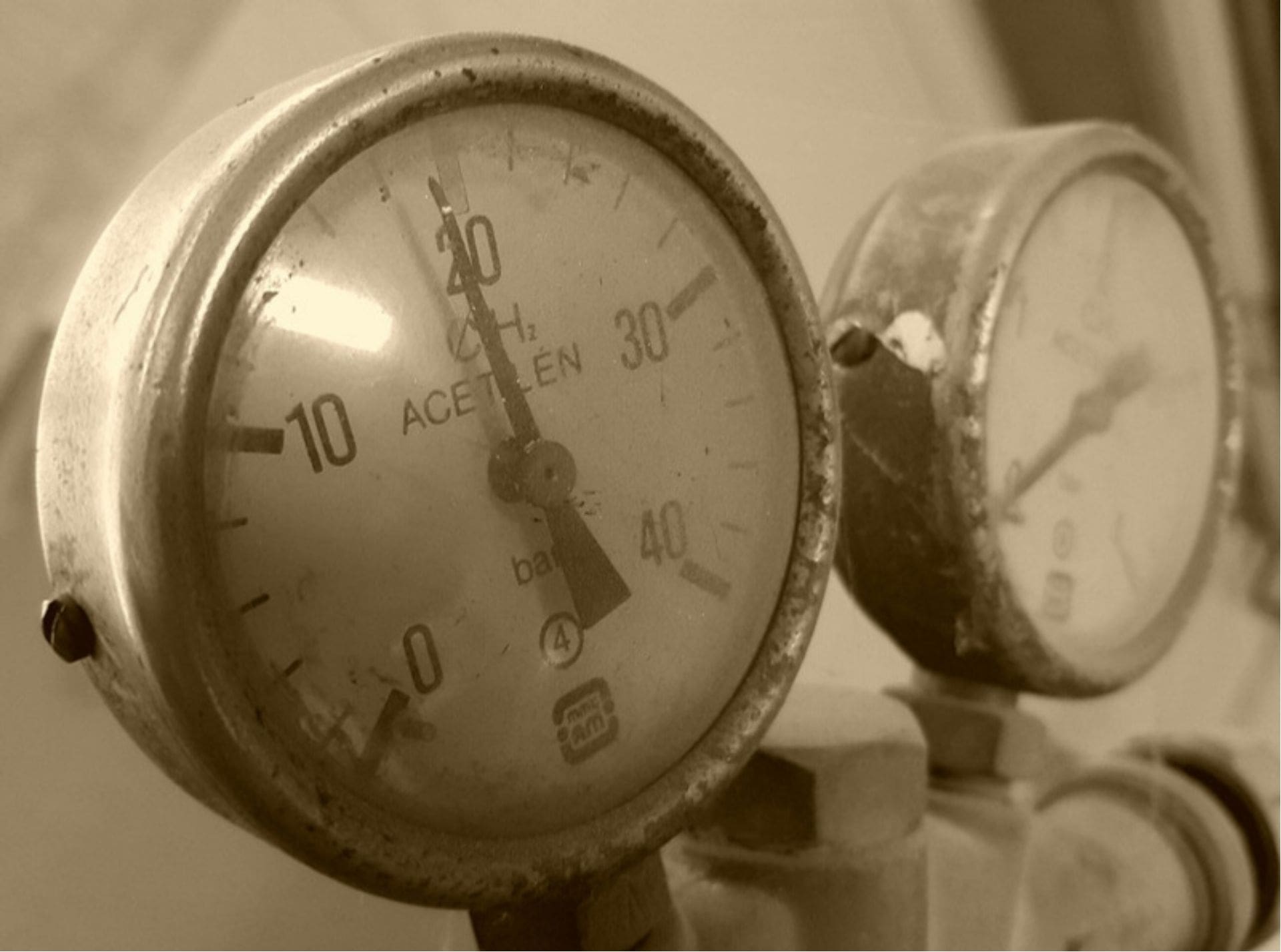In the realm of engineering every little part contributes to the seamless operation of your vehicle. Among these heroes is the cylinder head temperature sensor. Despite its unassuming size this sensor plays a crucial role in maintaining the optimal temperature, for your engines performance. Let’s delve deeper into why the cylinder head temperature sensor’s so important and how it impacts your driving experience.
What is a Cylinder Head Temperature Sensor?
The CHT sensor, also referred to as the cylinder head temperature sensor plays a role, in the engine management system of your vehicle. Its primary function is to monitor the temperature of the cylinder head in time. By providing temperature readings to the engine control module (ECM) it enables adjustments to maintain the engine within its optimal temperature range.
The Role of the Cylinder Head Temperature Sensor
The primary function of the cylinder head temperature sensor is to identify and track the temperature of the engines cylinder head. By gauging the temperature the CHT sensor assists the ECM in keeping the engine at an operating temperature. This is essential, for reasons:
- Engine Performance: The CHT sensor plays a role, in maintaining the engines temperature for optimal performance. When the engine becomes excessively hot or cold it can result in a decrease in power reduced fuel efficiency and even potential damage, to engine parts. The CHT sensor ensures that these problems are avoided by providing temperature readings to the ECM.
- Fuel Efficiency: The CHT sensor is crucial, in keeping the fuel to air ratio of the engine at a level. It works by monitoring the temperature of the cylinder head and providing information to the ECM. This enables the ECM to make adjustments, to the fuel mixture resulting in engine performance that maximizes fuel economy and minimizes emissions.
- Engine Protection: It is crucial to maintain the engine at the temperature to ensure its durability and dependability. The CHT sensor plays a role, in preventing overheating which can cause harm or even total breakdown of the engine. By supplying temperature measurements this sensor enables the ECM to take measures, for controlling the engines temperature and avoiding overheating.
Common Signs of a Faulty Cylinder Head Temperature Sensor
Like any sensor, in your car the cylinder head temperature (CHT) sensor can experience wear and tear as time goes by. If it starts malfunctioning it can cause issues that can impact your vehicles performance and might even trigger the check engine light. Here are a few indicators that your CHT sensor could be acting up;
- Illuminated Check Engine Light: If the CHT sensor starts giving inaccurate readings or fails, it can trigger the engine control module (ECM) to illuminate the check engine light on your dashboard. If you notice this warning light, it’s essential to have a mechanic check your car to accurately diagnose the problem.
- Engine Overheating: The main function of the CHT sensor is to identify when the engine is overheating. If the sensor is not working properly it may not provide temperature readings to the ECM causing it to be ineffective, in regulating the engines temperature. If you observe that your engine consistently runs hotter, than usual it could be an indication of a CHT sensor.
- Inaccurate Temperature Readings: If you can access data from the onboard diagnostics (OBD) system, in your car you may observe temperature readings that are unusually high or low. If the fluctuations or readings don’t match the conditions, under the hood it could be a sign of a CHT sensor.
- Engine Performance Issues: The CHT sensor has a role, in maintaining the temperature for the engine. When the sensor transmits temperature information to the ECM it can result in a decline in engine performance such, as decreased power output and fuel efficiency.
- Difficulty Starting the Engine: If you’re having trouble starting the engine and it takes a time to finally start it could be because there is an issue, with the CHT sensor. This sensor plays a role in maintaining the fuel air mixture for the engine so when it malfunction it can cause disruptions, in that mixture.
- Poor Fuel Efficiency: The CHT sensor plays a role, in maintaining the engines temperature. If the sensor malfunctions it can cause imbalanced fuel, to air ratios. This imbalance can lead to the engine running either too rich or too lean resulting in reduced fuel efficiency and increased fuel consumption.
Cylinder Head Temperature Sensors in Different Vehicles
Different car makers may use temperature sensors and the actual design and placement of the CHT sensor can differ. For example Ford vehicles come with Cylinder Head Temperature (CHT) sensors that accurately keep track of the engines temperature. Typically these sensors are positioned near the cylinder heads where combustion takes place. This strategic positioning enables them to collect temperature readings and ensure engine performance.
Is it Safe to Remove the Cylinder Head Temperature Sensor?
While some people might think about removing the CHT sensor to fix performance problems it’s not advisable. The cylinder head temperature sensor plays a role, in maintaining the engines temperature and ensuring performance. Taking out the sensor can cause issues, including an increased risk of damaging the engine, reduced fuel efficiency and potential safety hazards.
If you’re facing any problems, with your CHT sensor, it’s recommended to have it checked and replaced if needed by a mechanic. They can accurately diagnose the issue. Ensure that your vehicle continues to function at its best.
Conclusion
The cylinder head temperature sensor may seem like a part. It actually plays a vital role in maintaining your cars performance. It helps regulate the engines temperature and improves fuel efficiency making it an essential component for operation. If you have any concerns about your cylinder head temperature sensor it’s crucial to have it inspected and replaced if needed. This ensures that your car remains reliable and performs over time. Trusting a skilled mechanic is important, in preserving the long term smoothness of your vehicle.

